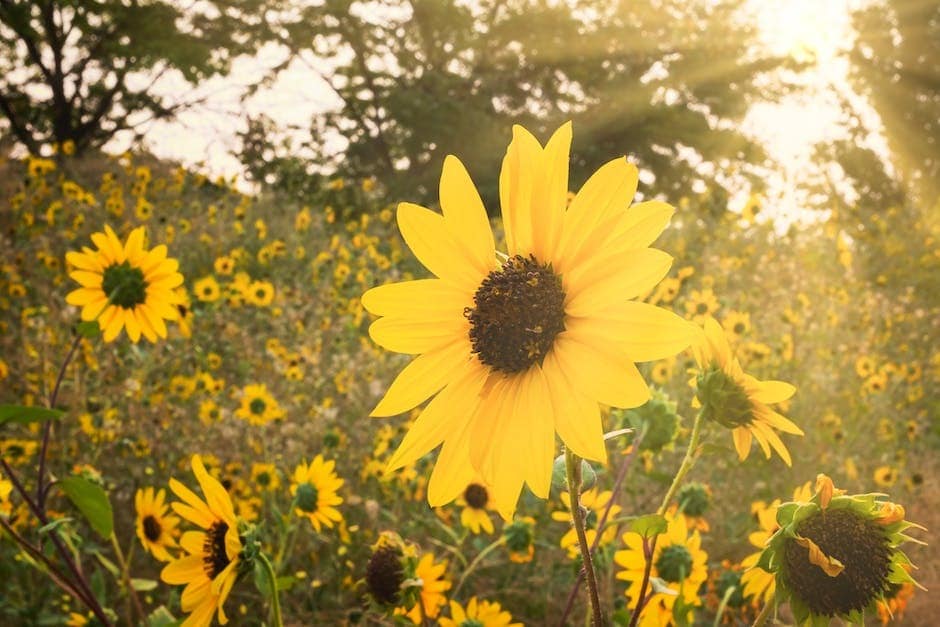Addiction treatment is often about more than using substances but also taking into account co-occurring disorders, such as depression. A dual diagnosis means that both addiction and mental health need to be treated in order to recover. Taking advantage of nature as a beneficial tool during treatment can provide residents with improved outcomes.
By appreciating nature, one can take action to improve their mood and lead to a healthier, happier daily life. Incorporating natural imagery and iconography into one’s daily life can help one cope with depression while in treatment.
The Prevalence of Dual Diagnosis
Although both mental illness and addiction are not rare, the comorbidity of such diagnoses is nearly just as common. According to the National Institute of Drug Abuse (NIH), of the 20.3 million adults with substance use disorder (SUD), 37.9% also have a mental illness.
This group of people in need of treatment for co-occurring disorders not only benefits from proper care at a facility such as Villa Oasis San Diego but also from incorporating the calming and grounding elements of nature into their treatment.
The Benefits of Nature for Improving Symptoms
Being in the great outdoors offers beauty, exercise, fresh air, and more to our lives. For those struggling with symptoms of anxiety or depression, especially while in the occurrence of addiction, nature has a lot to offer in terms of reducing unpleasant symptoms.
According to the United States Department of Agriculture (USDA), the benefits of nature provide a physiological response in humans. Being present and active in nature can increase life expectancy, improve sleep quality and even reduce cancer risk.
Furthermore, nature isn’t just crucial for physical health, but mental health. Being outdoors can help lower the risk of depression and offer faster psychological stress recovery. Although anyone can enjoy these aspects of nature, those in treatment can truly take advantage of such improvements through various means, such as:
Natural Sunlight
One of the most prevalent sources of discomfort for those with depression can be a lack of natural daylight, which affects one’s mood. In fact, a lack of daylight, such as later sunrises, and earlier sunsets in winter months, can further disrupt one’s circadian rhythm, impacting their mood.
During addiction and dual diagnosis treatment, it is crucial for residents to be taking advantage of everything they can to improve their mindset and health. It has been shown that in those with depression, low exposure to sunlight was associated with a significantly higher predicted probability of cognitive impairment. Exposing oneself to nature’s sunlight regularly during treatment can boost one’s mood and lead to better outcomes.
It may not seem like much, but simply sitting outside to read, journal, or close one’s eyes and feel the rays of the sun can dramatically improve one’s mood, which can make all the difference when in treatment.
Being Active in Nature
Having regular access to the sun is important, but coupling this with the use of being active in nature can further help individuals combat feelings of depression or hopelessness while in treatment. For example, Villa Oasis San Deigo offers equine therapy as a tool during treatment.
Not only is being outdoors beneficial to one’s mental health, but the connection with animals in nature builds a sense of confidence and ability in residents. Animals have the ability to aid people in improving their social skills, communication skills, and even physical health issues. Some other ways one can be active in nature include, but are not limited to:
- Hiking
- Leisurely walks
- Outdoor yoga
- Swimming
- Gardening
All of these activities are beneficial to those undergoing treatment for addiction and mental health, as these are whole-person diseases in need of a whole-person approach to wellness.
Small Nature Boosts
Having natural iconography set up in common places around one’s living space can help each individual make the best use of each of these resources. When true nature is unavailable due to a rainy day or cold temperatures, something as small as an indoor plant can make a shocking improvement in one’s mood.
Not only do plants release much-needed oxygen, but just seeing greenery in one’s space can improve clarity and comfort. This idea can be continued into one’s diet. Nutrition is a key aspect of mental and physical health. Eating nutritious foods found in nature can help embrace an uplifting, calm mental state that encourages hope, peace, and wellness.
Nature is a powerful force on one’s mental health, and the use of flora, fresh air, and animals all have a great impact on one’s daily outlook. Just as mental illness and addiction often produce feelings of sadness, hopelessness, or fatigue, nature can also be an uplifting force that can empower and motivate each individual on a daily basis. The use of nature is a strong resource in balancing one’s outlook and abilities during treatment and once in recovery.
Nature is not something to overlook, especially while in treatment for addiction and a co-occurring mental illness. Appreciating all nature has to offer can make a big impact on one’s mindset during treatment. Being able to connect with one’s surroundings, whether that be through the grass, sunlight, or animals, can improve confidence, hope, and happiness for residents. Villa Oasis knows that treatment is about more than medication, but is also about finding holistic remedies that work for each individual. We offer programs such as yoga and equine therapy exactly for those reasons. Our residents find solace and tranquility when adding the benefits of nature to their treatment plans. Call us at (619) 373-9792 today to learn more about our offerings.




